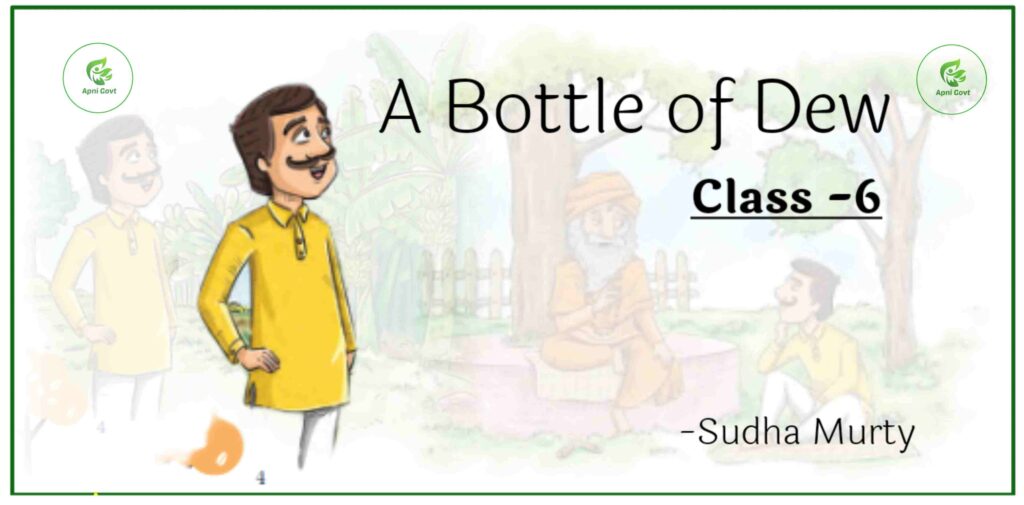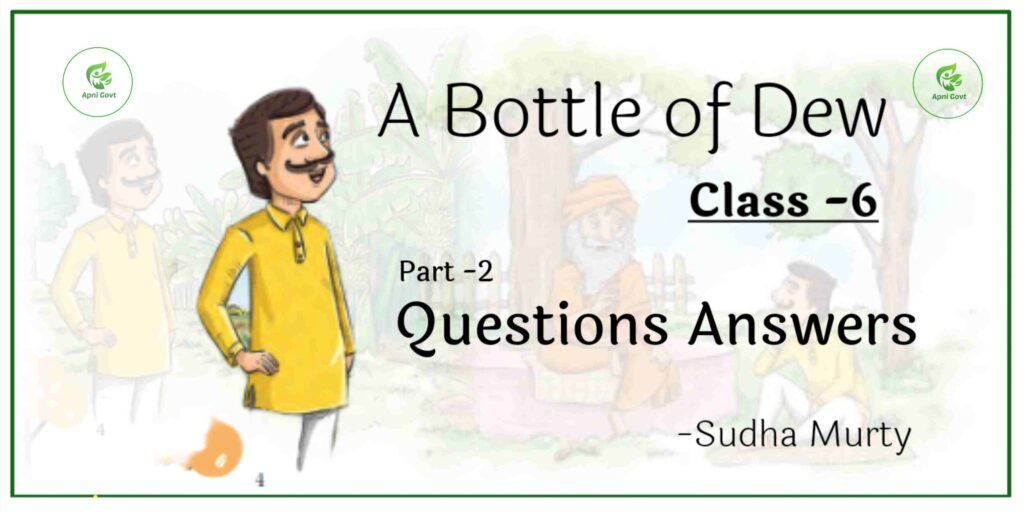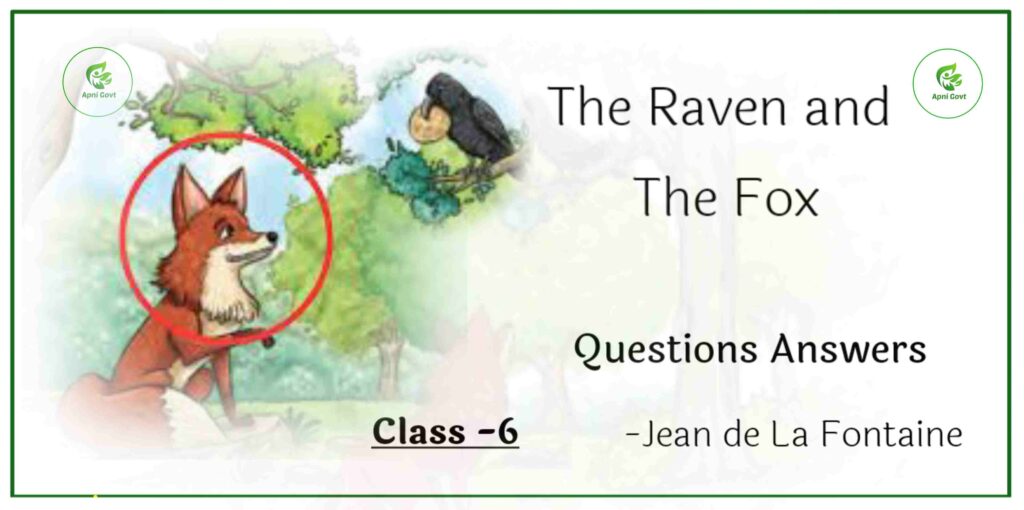Class 6 English (Poorvi) – Unit 3: Nurturing Nature — Lesson 3: Spices that Heal Us (Pages 93–100)
Original English (verbatim) + Hindi pronunciation + easy Hindi meaning + Hard Words + activities + Grammar Help + SEO.
Let us do these activities before we read (p. 93)
Original (English) — Verbatim (p.93):
Nurturi Ng NatureSpiceS that heal US Let us do these activities before we read. I A spice is any seed, fruit, root, bark, leaf or an y other part of a plant used to give taste and colour to our food. Try to recall the names of three spices that are used for cooking in your home. Write them below and share your answers with your teacher. 1. _______________ 2. _______________ 3. _______________ II Given below are pictures of some spices. Work in pairs and write what you call them in your language. Their names in English are given in the last column. Share your answers with your teacher. S.No. Spice Name in your language Name in english 1. Turmeric 2. Fenugreek 3. Cumin seeds 4. Asafoetida
अ स्पाइस इज़ एनी सीड/फ्रूट/रूट/बार्क/लीफ़—जो हमारे फ़ूड को टेस्ट और कलर देता है… तीन मसालों के नाम लिखो… जोड़ी बनाकर अंग्रेज़ी–स्थानीय नाम मिलाओ।
हिंदी अर्थ (सरल):मसाले पौधे के हिस्से होते हैं (बीज/फल/जड़/छाल/पत्तियाँ) जो खाने में स्वाद और रंग देते हैं। घर के 3 मसालों के नाम लिखें और उनके स्थानीय/अंग्रेज़ी नाम पहचानें।
| Hard Word | हिंदी उच्चारण | हिंदी अर्थ |
|---|---|---|
| asafoetida | असाफ़ेटिडा / हींग | हींग (मसाला) |
| fenugreek | फेनुग्रीक / मेथी | मेथी |
| cumin | क्यूमिन / जीरा | जीरा |
| turmeric | टरमरिक / हल्दी | हल्दी |
Let us read (p. 94) — Letter
Original (English) — Verbatim (p.94):
Poorvi —G rade 6 Dear Vikram and Vaibhavi, Namaste! I just got your message that you are better now. I am happy that the natural cures that I had shared, helped you....emember these cures and may share them with your friends. When I was a child, I learnt them from my grandmother. She used to find home remedies for most of the weather-related common illnesses. Let me share some of the benefits of the spices that most of us have in our kitchen. Let me start with haldi, which is called turmeric in English. It helps in improving our energy level and digestion. It helps in reducing body pain t...l. I need to soak the methi seeds overnight and drink the water in the morning. • Jeera (cumin) seeds soaked in water overnight can also improve digestion and help cure sleeplessness. • You know, when you were babies and had gas in your tummy, I used to put heeng (asafoetida) water on your tummy to give you some relief. Heeng can also help in controlling cough and cold. • Dalchini (cinnamon) and laung (clove) give relief when we have toothache till we can consult a dentist. • Adrak (ginger) is another herb that can help us when we have cough and cold. It also gives relief from pain. Do you know, ginger has b...ears? Even today, it is extensively used in cooking Indian food. • Kali mirch (black pepper) is also helpful in digestion and can give us relief from body pain. • You may have seen that at the end of a meal, saunf (fennel seeds) and ajwain (carom seeds) are served. It is because they help in the digestion of food. • Elaichi (cardamom) also helps us with digestion and respiratory troubles in addition to curing bad breath. III Do you know if these spices can be used for something else other than cooking? Let us find out by readin
प्रिय विक्रम–वैभवी… दादी के घरेलू नुस्खे—हल्दी (ऊर्जा, पाचन, दर्द), मेथी (भिगोकर—सुबह पानी), जीरा (पाचन, अनिद्रा), हींग (पेट-दर्द/गैस, खाँसी-जुकाम), दालचीनी–लौंग (दाँत-दर्द में राहत), अदरक (खाँसी-जुकाम, दर्द), काली मिर्च (पाचन, दर्द), सौंफ–अजवाइन (भोजन के बाद पाचन), इलायची (पाचन, श्वसन, बदबू)।
हिंदी अर्थ (सरल):दादी पत्र में बताती हैं कि रसोई के मसाले स्वास्थ्य के लिए उपयोगी हैं—खासकर पाचन, सर्दी-जुकाम, दर्द, दाँत-दर्द और साँस/मुँह की समस्याओं में।
| Hard Word | उच्चारण | अर्थ |
|---|---|---|
| remedies | रिमेडीज़ | नुस्खे/उपाय |
| sleeplessness | स्लीपलेसनेस | अनिद्रा |
| respiratory | रेस्पिरेटरी | श्वसन-सम्बन्धी |
| extensively | एक्स्टेंसिवली | बहुत अधिक/व्यापक रूप से |
Let us think and reflect (p. 95)
Original (English) — Verbatim (p.95):
95 Nurturi Ng Nature Let us think and reflect I Read the given lines and answer the following questions. ‘When I was a child, I learnt them from my grandmother. She used to find cures for most of the weather-related common illnesses in the kitchen.’ 1. Where exactly in the kitchen did her grandmother find the cures? 2. Give one example of weather-related common illnesses. 3. What kind of relationship did the speaker have with her grandmother? II Fill in the blanks to complete the sentence. Daadi soaked methi seeds overnight and drank the water in the morning to manage _____________________ and _____________________. III Circle the spice that is not useful for body pain according to Daadi’ ... V What was Daadi’s final advice to Vikram and Vaibhavi? VI How do we know that natural cures are passed from one generation to another? VII Why do you think we should know about the healing properties of spices? Now, go into the kitchen and try to identify these herbs and spices. And remember, you must consult an elder before you use them. My love and aashirwaad to both of you! Yours affectionately, Daadi
- Where in the kitchen? In spice rack/containers. — मसालों की डिब्बियों/रैक में।
- Example illness: Cough/cold/fever/gas. — खाँसी/जुकाम/बुखार/गैस।
- Relationship: Caring & affectionate. — स्नेहपूर्ण, देखभाल करने वाली।
- Fill-ups: manage diabetes & weight. — शुगर और वजन।
- Final advice: Identify spices; consult elder before use. — पहचानिए; उपयोग से पहले बड़ों से सलाह।
- How passed on? Grandma learnt young → told grandkids. — पीढ़ी-दर-पीढ़ी ज्ञान हस्तांतरण।
- Why know? Safe, natural, low-cost first-aid. — सुरक्षित, प्राकृतिक, किफायती प्राथमिक सहायता।
Let us learn (pp. 96–97)
I. Uses of spices — Table (p.96) — Verbatim
96 Poorvi —G rade 6 Let us learn I You have read the uses of spices in the letter. Complete the following table with the help of your teacher. You may use the words from the box given below. Part of the plant : root/bark/leaves/flower buds/fruit/seeds texture : rough/soft/silky taste: bitter/sweet/sour/salty/spicy Spice Name Part of the plant Colour texture taste Turmeric Fenugreek Cinnamon Clove Black pepper Cardamom II Read the sentences given below. • You may share them with your friends. • You should try to remember these cures. • It can help control cough and cold. • You must consult an elder before you use them. • I need to soak the methi seeds overnight. • I used to put heeng water on your tummy.
पत्र से मसालों के उपयोग पढ़कर तालिका पूरी करें—पौधे का भाग/रंग/बनावट/स्वाद। नीचे दिये वाक्यों से modals को पहचानें (may, should, can, must, need to, used to).
II. Modal verbs — Match & Fill (p.97) — Verbatim
97 Nurturi Ng NatureColumn a Helping verbsColumn B Functions (i) may A. past habit (ii) should B. suggestion (iii) can C. compulsion (iv) must D. advice (v) need to E. ability (vi) used to F. necessity 1. The words given in Column A are helping verbs. Match the helping verbs in Column A with their functions in Column B. 2. Complete the following dialogues with any four modals from the table given above. (Use a modal only once.) Ajay : Anand had fever last week. He (i) _____________ take good rest. Suman : Yes, he (ii) _____________ or he will fall ill again. Ajay : He (iii) _____________ take grandmother’s natural cures. Suman : Yes, we (iv) _____________ remember how effective they are. The underlined words are known as helping verbs. These are called modal verbs or modals. Each modal verb has a different function.
Let us listen / speak (p. 98)
Let us listen — THE WONDER HERB (Tulsi) — Verbatim
98 Poorvi —G rade 6THE WONDER HERB 1. Name Tulsi Family: _____________ 2. First found in _____________ 3. Now found everywhere in India 4. Known as The _____________ of herbs 5. Can decrease levels of _____________ and cholesterol 6. Used to treat disorders of breathing and _____________ 7. Is used to make mouth wash and _____________ 8. We can have Tulsi leaves by eating them _____________ or adding them while making _____________ Let us listen You will listen to the benefits of Tulsi (Holy Basil), a common herb. As you listen, complete the fact sheet given below. (refer to page 102 for transcript)
Let us speak — Introduce yourself as a spice — Verbatim (extract p.99)
Use the headband while introducing yourself as the spice. Mention the following while speaking: • colour • texture • taste • benefits
Let us write (p. 99)
Original (English) — Verbatim (p.99):
99 Nurturi Ng Nature Let us write I Vikram’s grandmother shared two natural cures to cure his cough in her earlier letter. It was kept outside and a few drops of rain fell on it. Some of the words got washed away by the rain. Help Vikram compl... Use the information in the box below. There are two phrases that you do not need. some leaves of basil for cough amount of honey the mixture for high fever a piece of fresh ginger you can have it grind to get home remedy Natural Cures for Cough 1. To prepare this home remedy, you just need ginger and honey. First, take ____________________, grate it and take the juice from it. Take about two teaspoons of this juice and add about two and half teaspoons... ____________________ with ginger and honey might take some time to show results. 2. To prepare the second ____________________ for cough, take about 10 grams of each— long pepper, dried ginger and basil leaves. Add four to six small cardamoms and ____________________ a fine powder. If you take this powder with an equal ____________________, it will give you relief from cough.
- a piece of fresh ginger → amount of honey → the mixture (for cough). — ताज़ा अदरक → शहद की मात्रा → मिश्रण (खाँसी हेतु)।
- home remedy → grind to get (fine powder) → amount of honey. — घरेलू नुस्खा → पीसकर बारीक पाउडर → बराबर मात्रा में शहद।
Let us explore (p. 100)
Original (English) — Verbatim (p.100):
100 Poorvi —G rade 6 II Now, write a short paragraph on Tulsi based on the completed fact sheet in ‘Let us listen’. Let us explore I Now that you have read about many spices, can you guess the spices based on the riddles given below? 1. When your tummy felt funny I was used by your granny I made you fit and fine And brought back your smile. Who am I? ________________________ 2. I come from under the ground Thousands of years, I’ve been around. For cooking you use me daily From cold I can cure you surely. Who am I? ________________________ 1. Brownish- _________ in colour, and _________ to taste, I help everyone, to _________ their weight. Who am I? Ans: Fenugreek (methi) 2. ___________________________ __________... Fill the blanks to complete the riddle below. Write another riddle of your own and ask your family members to guess the spice. III Close your eyes and learn about spices by smelling and feel... them. The teacher may also provide a few different spices to try.
- Heeng (asafoetida) — tummy relief. — हींग — पेट की तकलीफ़ में राहत।
- Ginger — underground; cures cold. — अदरक — ज़मीन के नीचे; जुकाम में लाभ।
- Fenugreek — brownish, bitter; helps manage weight. — मेथी — भूरा, कड़वा; वजन में मदद।
Grammar Help — Modal Verbs
Download New Books Class 1 to 6 ( Hindi Medium)
Download New Books Class 1 to 6 (English Medium)



